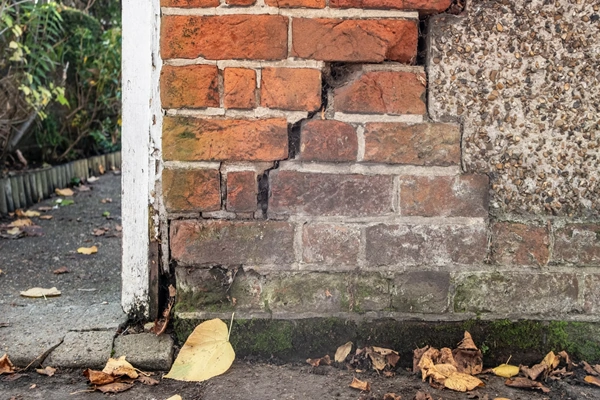The duration required to resolve a housing disrepair claim is determined by several factors, which include:
1. The Severity of the Disrepair
We may expedite claims involving severe disrepair that directly affects the tenant’s health or safety. For example, issues like severe damp or faulty electrical wiring that pose a risk to health often demand quicker resolution.
2. Landlord Cooperation
A cooperative landlord who promptly acknowledges the disrepair and takes steps to resolve the issue can significantly speed up the process. However, if the landlord disputes the claim or refuses to cooperate, the case may take longer.
3. Gathering Evidence
The strength of your claim depends on the quality and quantity of evidence you can provide. This includes notices given to your landlord whether it be by telephone or email, photographs of the disrepair, correspondence with your landlord, and any medical records or receipts for additional costs incurred (such as higher heating bills due to broken insulation). Collecting and organising this evidence can take time.
4. Legal Proceedings
The case may escalate to court if your landlord doesn’t address the issue after notification. Court proceedings can add several months to the timeline, depending on the complexity of the case and the court’s availability.
While every case is unique, the following timeline provides a general overview of how long a housing disrepair claim might take:
Initial Consultation and Assessment (1–2 Weeks)
The process begins with an initial consultation with a solicitor. During this stage, you’ll discuss the details of your case, including the nature of the disrepair, its impact on your health and well-being, and the actions you’ve taken to notify your landlord.
Your claim will be assessed as to whether you have a valid claim and guidance given to you on the next steps.
Sending a Letter of Claim (1–3 Weeks)
Once we confirm you have a valid claim, we will draft and send a formal Letter of Claim to your landlord. This letter outlines the issues, evidence of the notices you provided, and the action required.
The landlord should follow the Pre-Action Protocol for Housing Conditions Claims and acknowledge receipt of the claim within 20 working days (approximately 4 weeks). Occasionally the landlord and/or may instruct solicitors who may ask for extension of time to enable them to carry out their enquiries.
Gathering Further Evidence (4-6 Weeks)
While awaiting the landlord’s response, you will be required to provide all additional evidence to strengthen your case. This can include:
- Photographs of all disrepairs within the property when you initially reported the matter and at present;
- Confirmation of what repairs have been carried if any along with dates of whom attended and when
- If your health has suffered, signed medical authority to enable us to obtain medical records. The records can take up to 40 days to be received
- Keep track of any monetary losses, like rising utility bills or the expense of finding alternative housing, photographs of clothing/furniture etc that has been damaged and the cost of replacement of the same.
Landlord’s Response (4–8 Weeks)
In accordance with the Pre-Action Protocol for Housing Conditions Claims, the landlord should disclose all relevant records or documents and respond to our proposal of instructing an expert/surveyor. They may propose to instruct their own surveyor or a joint surveyor.
An appointment is then arranged with the client to carry out an inspection and prepare a Report and a Schedule of Works.
Once the report is received the landlord has 20 working days in which to provide their response as to whether or not liability is admitted. However, if the landlord disputes the claim, your solicitor will negotiate on your behalf. Should we fail to reach an agreement, we may need to take the case to court.
Pre-Action Protocol and Court Proceedings (4–12 Months)
If the landlord denies liability or fails to respond, Marley Solicitors will review your case and court proceedings may have to be issued. Before the case reaches court, both parties will need to comply with the Pre-Action Protocol, which involves:
- Sharing evidence.
- We are attempting to resolve the dispute through negotiation.
If the case goes to court, it may take several additional months to secure a hearing date and receive a judgement.
Conclusion
The time it takes to resolve a housing disrepair claim can vary from each case depending on the complexity and co-operation of all parties involved.
We at Marley Solicitors are dedicated to ensuring your claim runs efficiently and achieve the best outcome possible.



